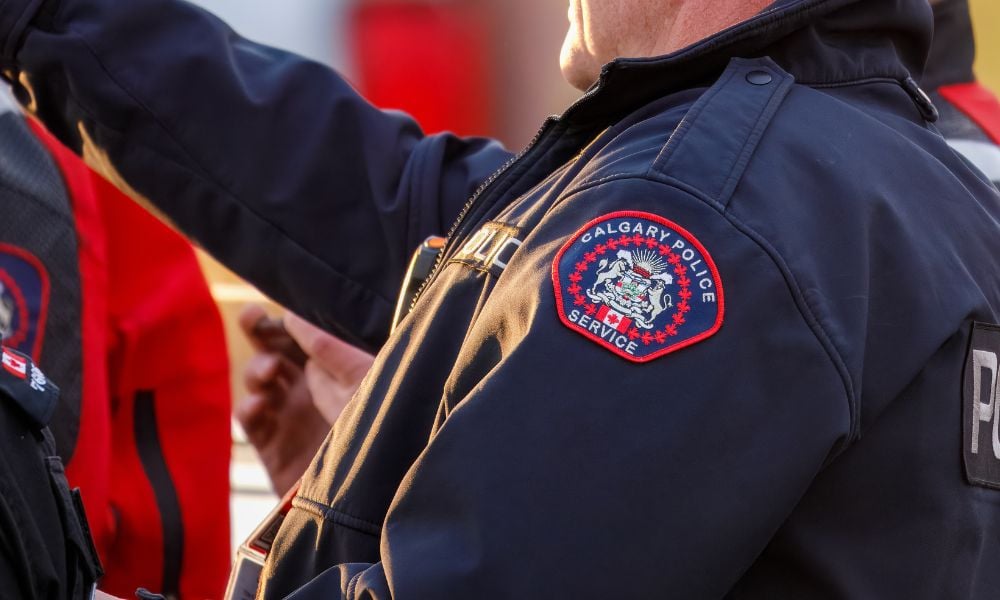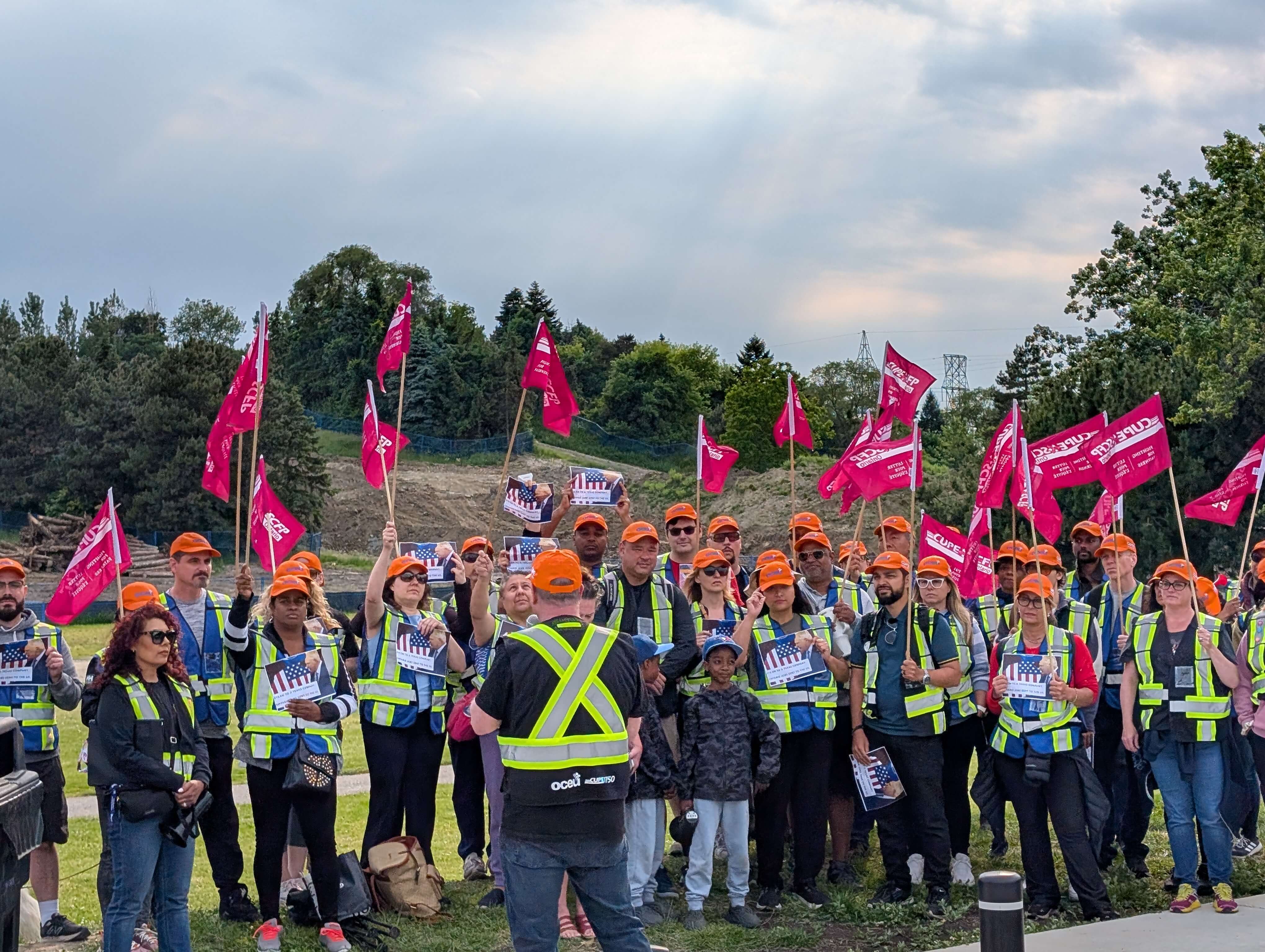This dialogue will focus on best-practice approaches to risk communication

Civil protection authorities from over 10 countries, the European Commission, and the Council of Europe, are discussing how best to build societal resilience through best practices in risk communications, in a regional policy in Bucharest, Romania this week.
The European Forum for Disaster Risk Reduction (EFDRR) is a regional platform for Europe and Central Asia consisting of 55 countries with various risk profiles disaster-reduction strategies. The EFDRR will be holding another EFDRR Roadmap action-oriented dialogue from February 23 to February 24, 2023. This dialogue is aimed at sharing various countries’ experiences and addressing top disaster risk reduction-related issues through enhanced transnational cooperation.
The EFDRR’s first action-oriented dialogue for the year is set to take place in Bucharest’s Palace of the Parliament. The two-day event will build on the success of the EFDRR’s 2021 working session, which examined countries’ experience of COVID-19 and concluded that trusted, accurate, and accessible risk communication involved continuous dialogue between scientists, policy makers and the public.
This year’s action-oriented dialogue is entitled, ‘Understanding and communicating existing and future risks: Ensuring evidence-based communication’. Civil protection authority leaders from more than 10 different countries, the European Commission, the Council of Europe, the media, civil society groups, and other experts will exchange insights on the theme of building societal resilience through effective risk communication.
The chosen delegates will compare their experiences on combating misinformation and disinformation in a disaster risk-reduction setting and, together, look into strategies that support better disaster-risk information use and dissemination, especially among youth. The EFDRR action-oriented dialogue will include practical recommendations on building community resilience through disaster risk-reduction education, investigation into how to translate risk information into behavioural change, and accessibility and inclusion strategies for youth in disaster risk-reduction situations.
Delegates will then share their recommendations on understanding and communicating existing and future disaster risks with governments and national stakeholders at the end of the two-day affair.





